When it comes to representation of Black women at the highest levels of luxury fashion brands there is a stark disconnect between male and female creative directors. While Black male creative directors have been appointed to lead numerous luxury fashion houses, such as Virgil Abloh and Pharrell for Louis Vuitton Menswear, Ozwald Boateng for Berluti, Olivier Rousteing at Balmain, and Maximilian Davis at Ferragamo, no Black female has ever held this role at any major fashion house.
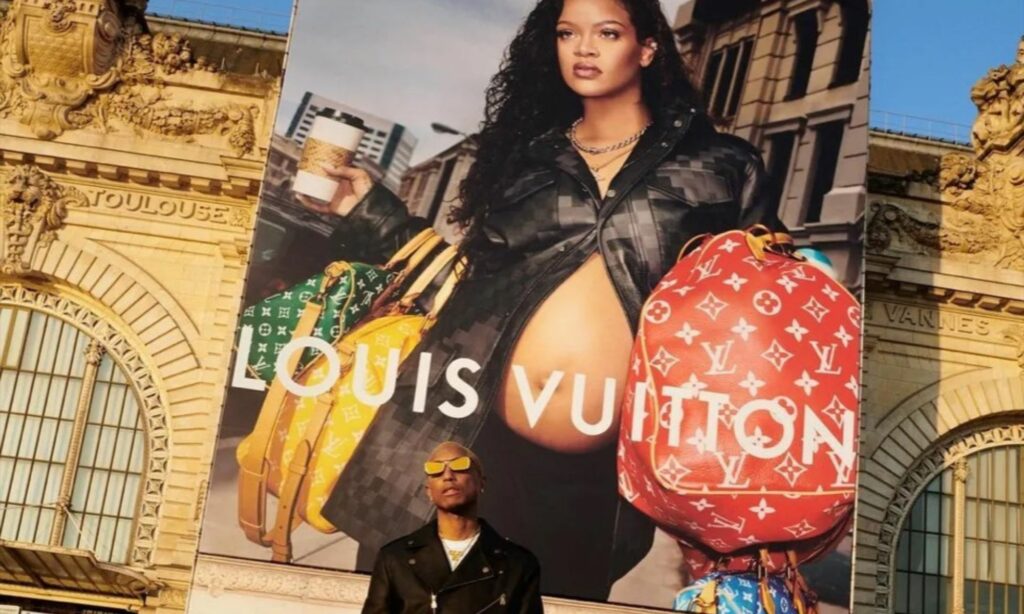
A study conducted by the British Fashion Council (BFC) found that only 14% of creative directors across luxury brands in Europe and North America were women, while only 1% were from minority backgrounds. Moreover, when looking at the small number of Black women in creative leadership roles an even more alarming picture emerges. This could be attributed to a lack of opportunities and networking provided to Black women creatives or it could be something more insidious. The fact that many luxury brands have traditionally taken a ‘white-centric’ approach to their campaigns, marketing messages and fashion shows has sent a message of exclusion and erasure for Black women within the industry leaving them feeling ignored or undervalued. However, Statistics show that Black women are spending powerhouses when it comes to beauty and fashion products. In the US they represent 15% of all beauty and grooming shoppers but account for over 30% of total sales within the industry. This speaks volumes about their importance as consumers, and yet we rarely see them represented at higher levels within the fashion industry itself.
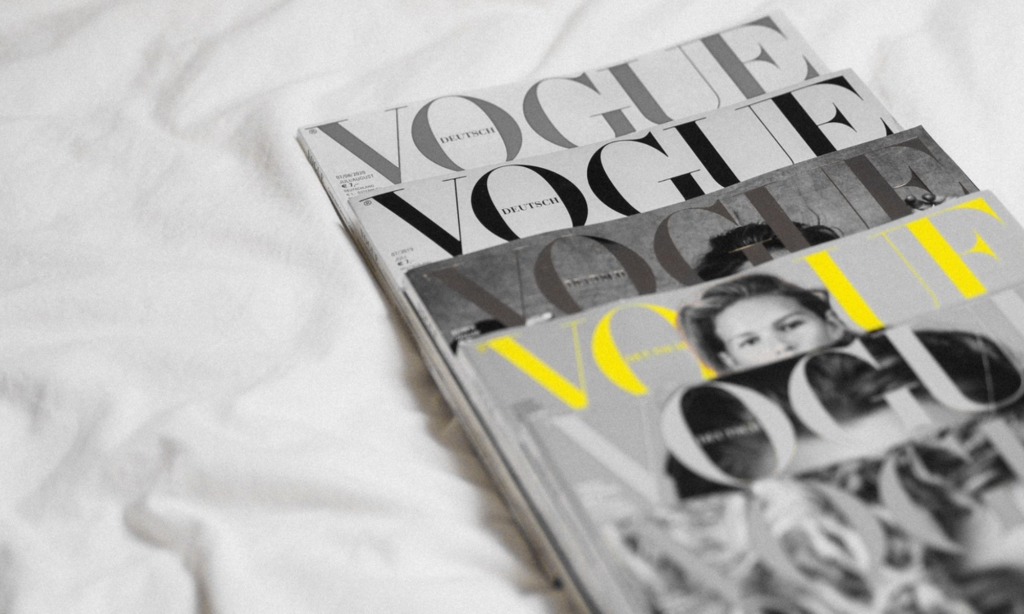
Over the past three years we have seen a total of nine Black creatives find success either in being hired or being backed by some of the fashion industry’s major luxury brands. What is interesting is that six, out of nine of these names, were not only designers but also central figures throughout pop culture in regard to music, fashion, and sports. The six were Black creatives that were famous and had a special cultural impact on the consumers that the average designer usually does not. Meanwhile, within this same time span of three years, seventeen white creatives have found degrees of success in being hired or backed by major luxury brands and none have had a grip on a pop culture outside of the fashion industry. Based on these observed hiring patterns, one can deduct that, at the moment, as it pertains to Black creative directors, the luxury industry has a preference for those who are famous and/or have a pre-existing positioning within pop culture while this standard does not exist for their white counterparts.
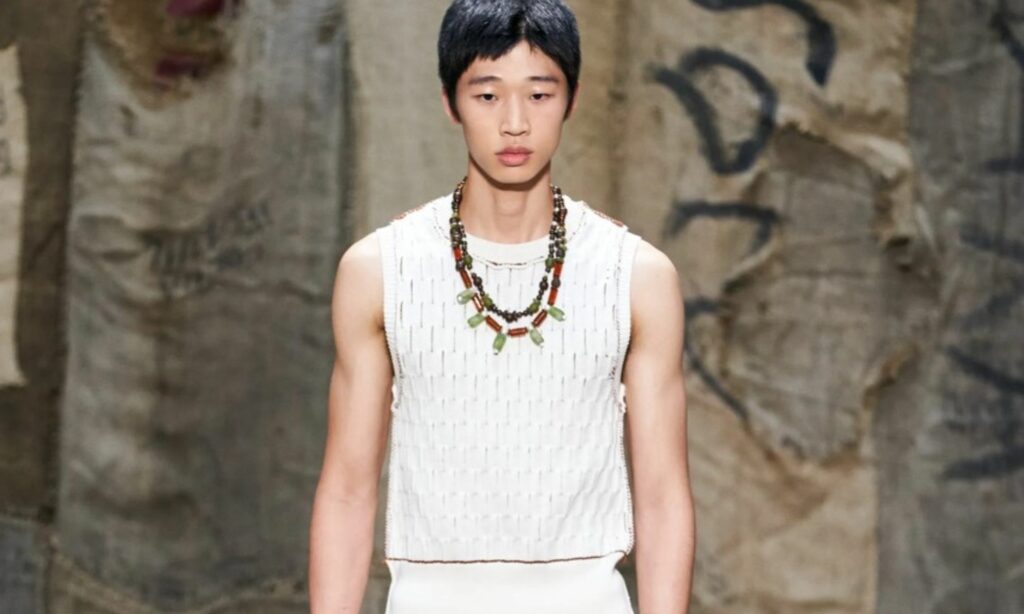
Of the nine Black creatives only one was a woman, Rihanna. This uneven playing field for luxury brand creative directors is not only concerning from an ethical standpoint but also a practical one; lack of representation leads to a lack of diversity in design and marketing—essentially missing out on the potential success that comes from creating original pieces with fresh perspectives.
Given that two out of three Americans, and 74% of UK Millennials and GenZ shoppers, shape their purchase decisions on social values, luxury fashion brands need to be serious about diversifying their creative teams and they need to take concrete steps towards making this a reality. There are several steps which must be taken by both brands and individuals to address the industry’s imbalance:
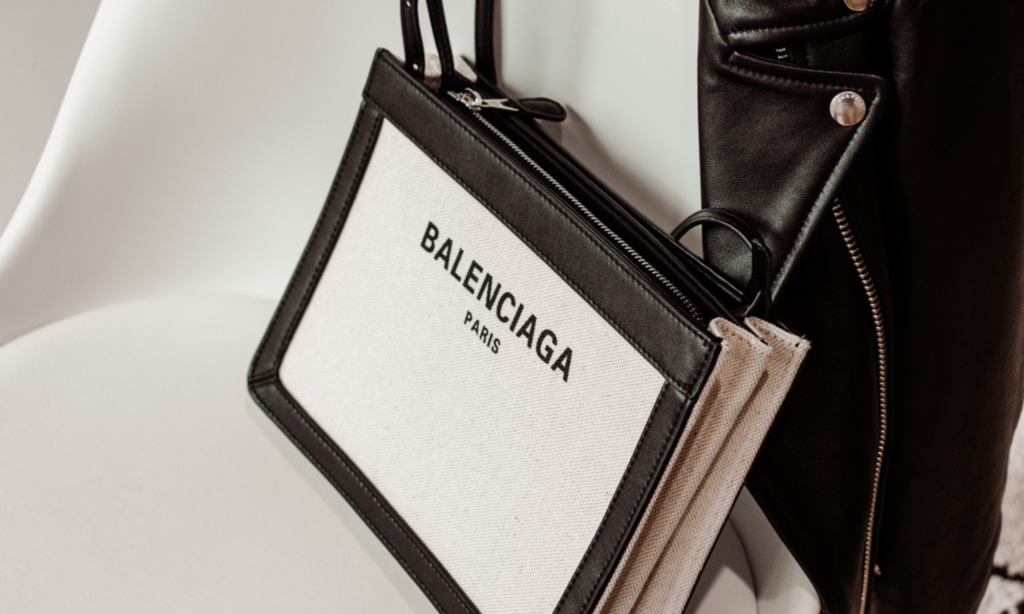
First, brands need to ensure that they are actively committed to a level playing field when hiring talent. Luxury brand leaders must truly commit to inclusivity and diversity within their organisations; from campaigns and fashion shows, (not just by featuring Black models on the catwalk but backstage too), to ensuring their production, ateliers, interns, and photographers consist of Black women talent. It’s not enough for luxury brands to simply ‘talk-the-talk’ – they must actively create opportunities for Black women if they want to make real progress towards gender equality and racial justice within the industry. This sends a positive message that Black women can be seen as equally desirable and fashionable.

One example of a successful campaign, based on the aforementioned requirements for a creative director at a luxury fashion house, which raised awareness and increased representation of Black creatives, was Rihanna’s Fenty fashion line, in collaboration with luxury-goods group LVMH. When the line was launched, in 2019, it marked the first time that a Black woman had been appointed as creative director at a major French fashion house. This milestone highlighted the importance of diverse representation within the industry and although Rihanna’s collaboration on the line was short lived, (the reasons why are another blog post), it proved customers were willing to invest in brands which embody diversity.
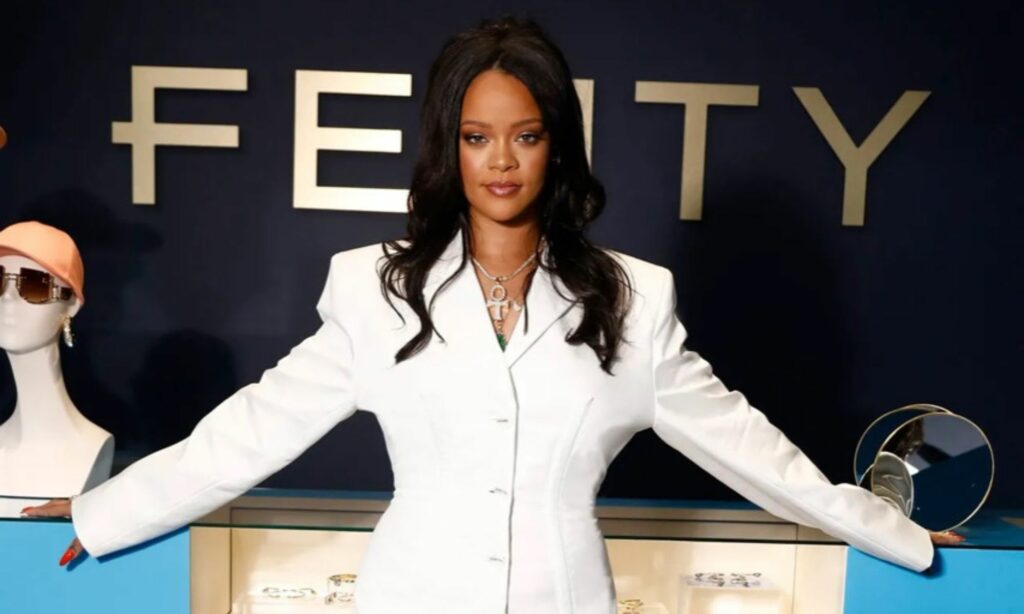
Second, we need to include more Black women’s voices in conversations about the fashion industry. It is not enough to simply hire a few Black women into positions of authority, their perspectives must be included in discussions on design and marketing decisions if we truly want to make a difference. Unfortunately, all too often, these conversations occur without any input from people of colour at all. This needs to change if we want to see meaningful progress made towards inclusion within the fashion industry. To help improve the representation of Black women creative directors it’s essential that luxury brands understand the importance and value of hiring Black women into these positions. By doing so more talented creatives will get the opportunity to share their unique perspective on design and push for change within the industry. Louis Vuitton had an opportunity to embrace designers such as Grace Wales Bonner and Martine Rose for the open position of men’s but instead chose another Black man.
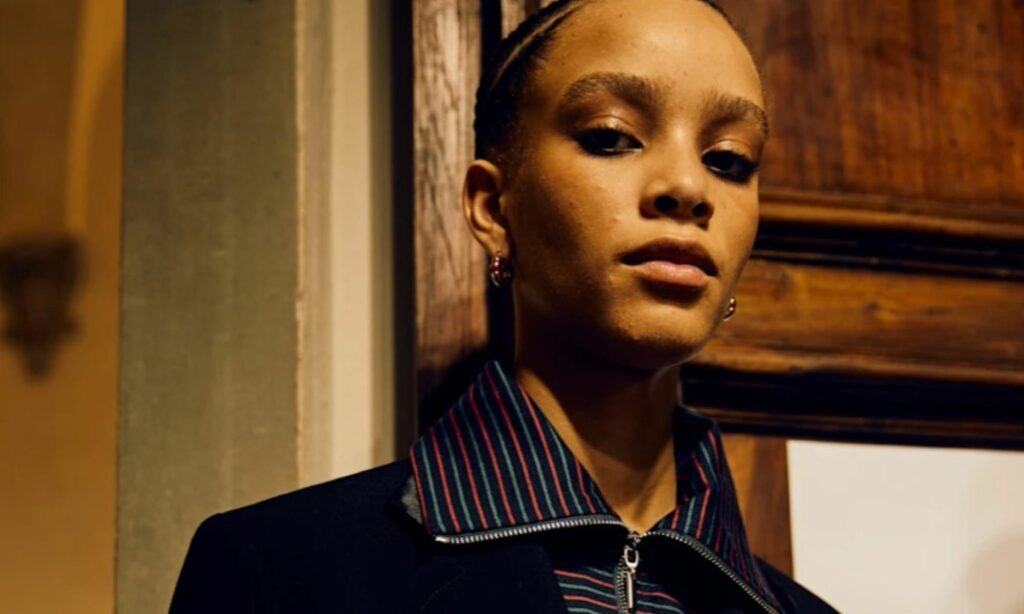
Third, more education about diversity should be provided for younger generations so that they can become the change the fashion industry needs. This can be done by providing more information on Black women creative directors, who have worked in the past and are currently working in fashion, as well as teaching young people about Black contributions to the industry right from its inception.
Fourth, we must recognise that racism and misogynoir exists within society. This means that even if qualified Black women have access to roles within luxury fashion houses and other brands, they may still face discrimination and unequal opportunities for advancement due to their race. Luxury brands need to take steps to actively address issues of prejudice in order for meaningful change to take place.
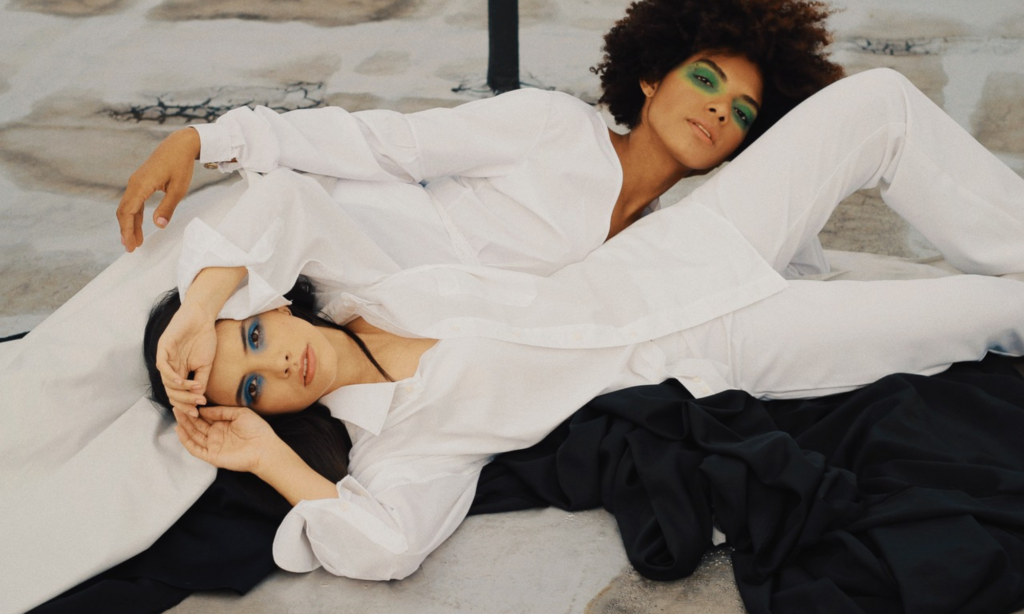
Fifth, to ensure that more Black women creative directors are hired, luxury fashion brands must become actively involved in and invest in grassroots initiatives such as apprenticeships for young women from diverse backgrounds. These projects will offer participants the opportunity to get hands-on experience of the industry, allowing them to develop their skills further and potentially launch a career in fashion design. In addition there are plenty of other steps including mentorship programmes that pair Black women employees with experienced mentors or sponsors, who will champion their success within the organisation, which can be incredibly effective at helping them rise up through the ranks. By opening up these pathways more Black women voices will be heard in the fashion world.
There is a great deal of potential for Black women creatives in the luxury fashion industry as evidenced by the success and acclaim of those who have already made their mark. For example Grace Wales Bonner, Rene McDonald, and Martine Rose have become three of the most successful independent designers in recent years.
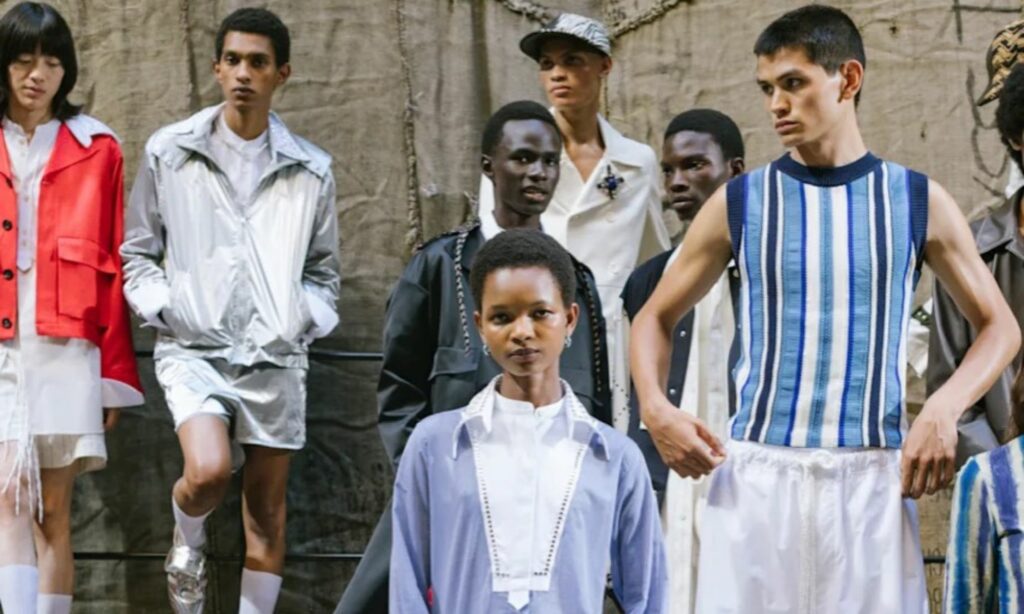
There’s no reason why amazing Black women creative directors shouldn’t be given the same opportunities as their male counterparts at global luxury fashion houses. By engaging with conversations that highlight the talent and skill sets of these professional women active steps can be taken to address the imbalance, of who is being promoted and given opportunities, that make not just financial sense but also better serves both the corporate entity and customer needs.

